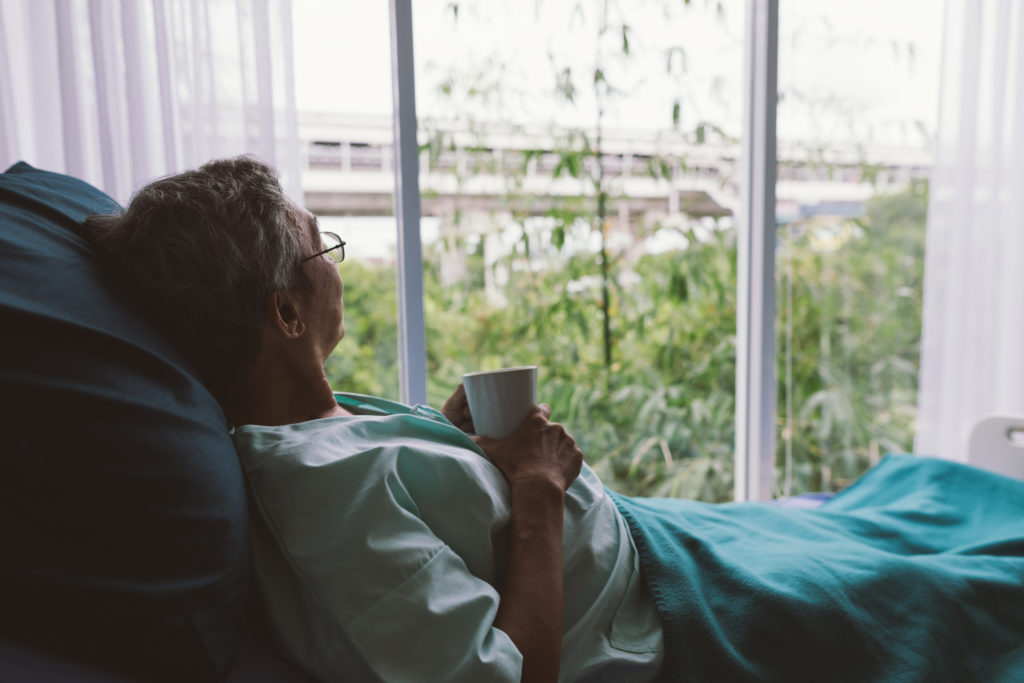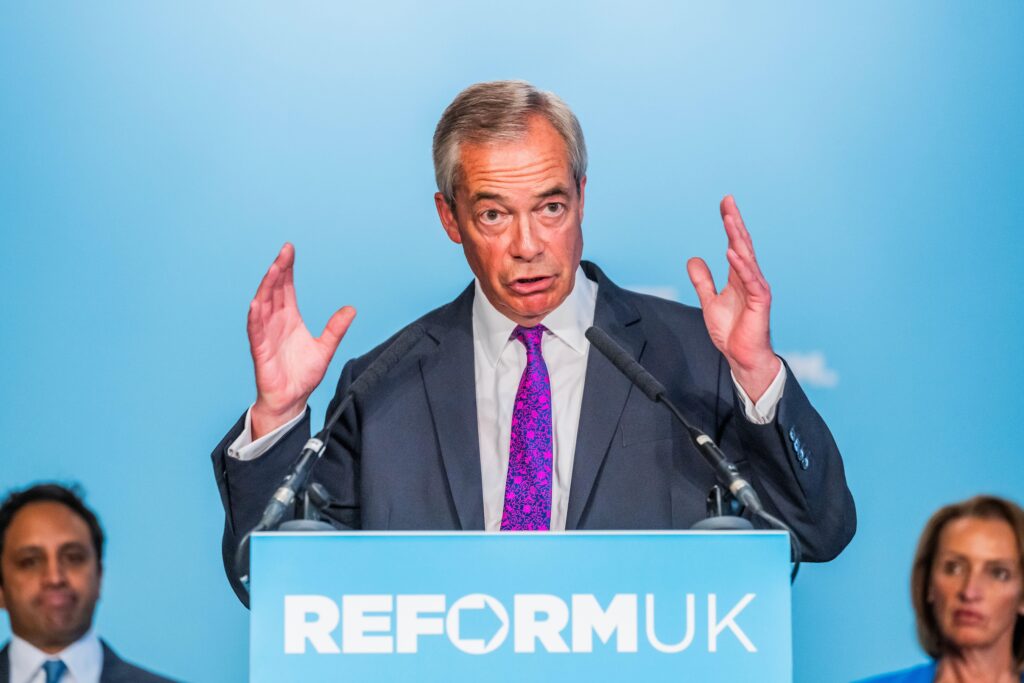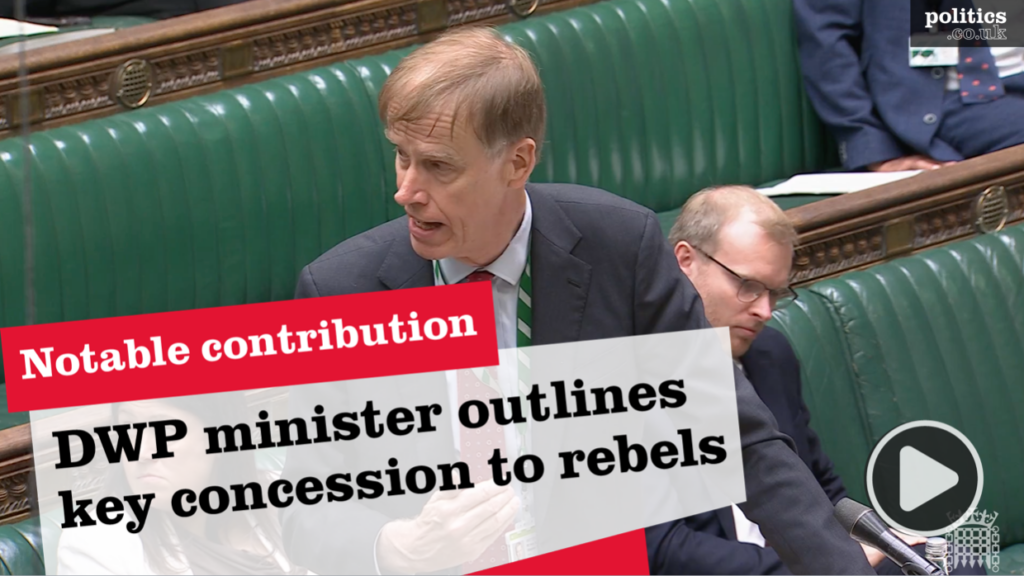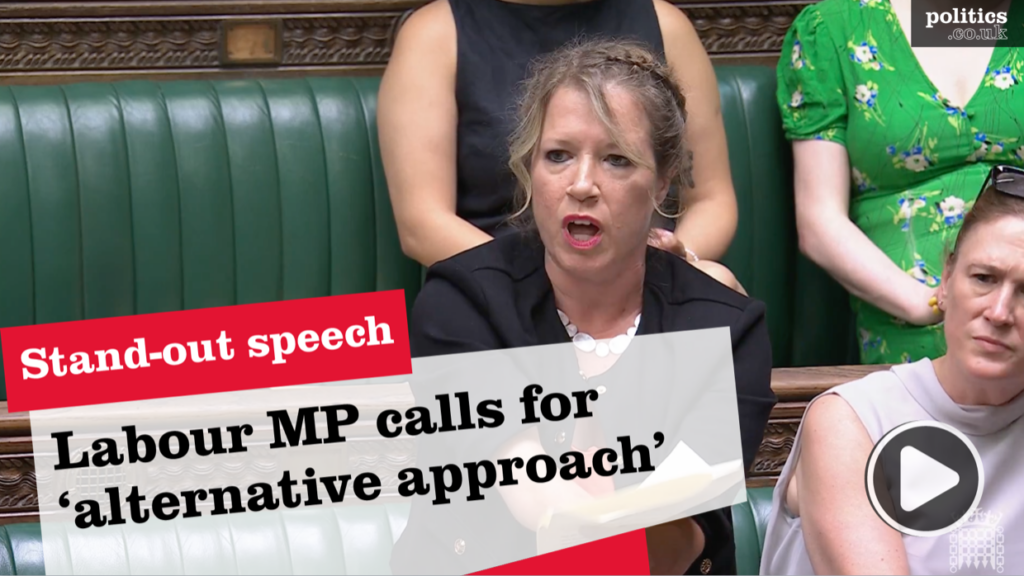Throughout the pandemic, the hospice and end of life sector has stepped up to the mark to support the NHS with vital care as the numbers of occupied beds in ICUs up-and-down the country increased dramatically. As people stayed at home, fearing exposure to the virus, the number of excess deaths at home also rose. Nurses and practitioners from hospices were there to deliver critical support, from supporting people at the end of life in their own homes with pain relief and symptom control, to providing emotional and bereavement support to families and loved ones.
We’ve seen the hospice sector play a vital role in the country’s response alongside the NHS, a partnership we hope to see continue long into the future.
Yet, as the government announced they are to give NHS workers in England a 3% pay increase, it was apparent that hospices had been forgotten by those in Westminster.
While we’re thankful for the additional support given by the government at the height of the pandemic, with funds awarded to the sector to buy essential capacity for the NHS, that money has now run out, with hospices across the country now back to relying on charitable giving to keep going. These donations go towards paying the wages of the clinical and frontline staff that provide much needed care to people at the end of life. It often surprises people to learn that those staff are not employed by the NHS.


We believe all staff caring for people at the end of life deserve to be properly rewarded for their hard work, dedication and skill.
And this is no different for the nurses, healthcare assistants and other brilliant staff in the charitably funded hospice sector.
Charitably-funded hospices in England now face a huge struggle to match the NHS pay increase as they compete to recruit and retain the same staff. Right now, this salary top up – which could be as much as £25m per year – will need to be met by selling second hand clothes, and by generous people running marathons and selling cakes. This wouldn’t happen in maternity services when people are brought into the world, so why should it happen when people die? We don’t think that’s acceptable.
The government talks in its reforms of an integrated health and care system. To achieve that, it’s vital that the emerging ICSs, and the workforce plans they will be developing, take a whole-system approach.
When it comes to pay, that means providing the funds for hospices and other non-NHS providers to allow them to match the three percent rise.
Over a year since the emergence of covid, now is the perfect opportunity to reflect on the unique contribution of hospice care and its key role as part of the wider health and social care system in responding and adapting to the challenges that lie ahead. That means treating the hospice sector as an equal in the health and care system, recognising the vital role it plays and rewarding its staff adequately.
By working together, we can provide integrated health services – particularly at a community level – to make sure no-one misses out on vital care at the end of life.












